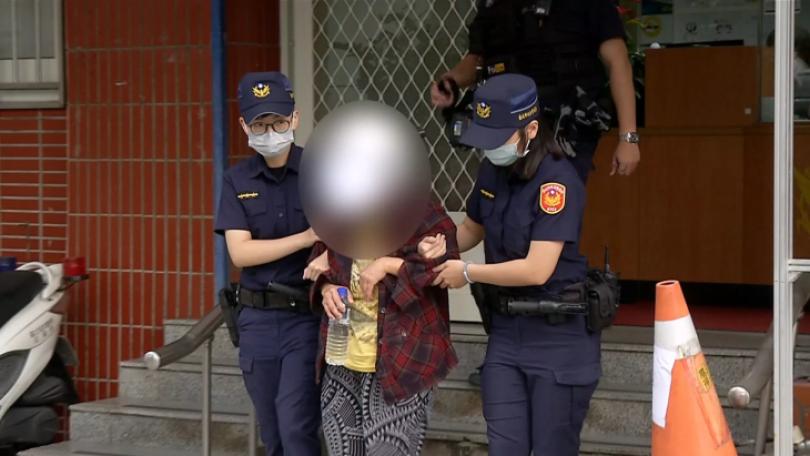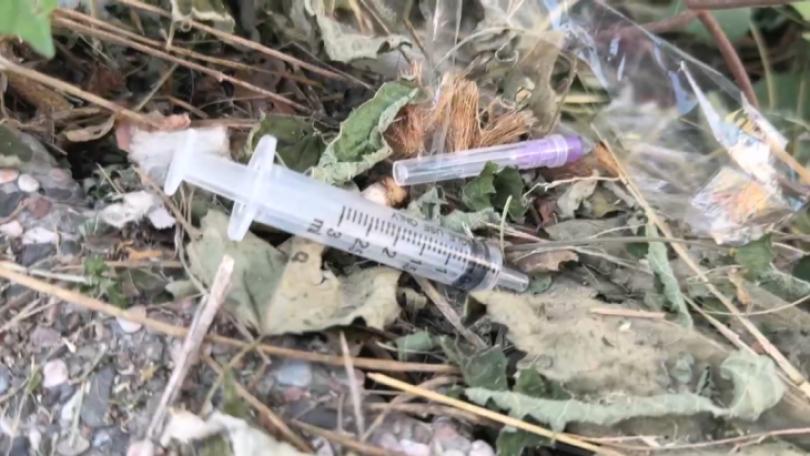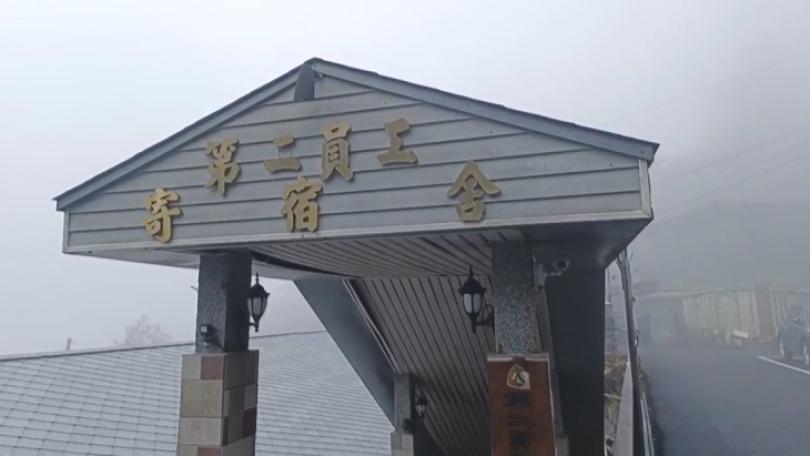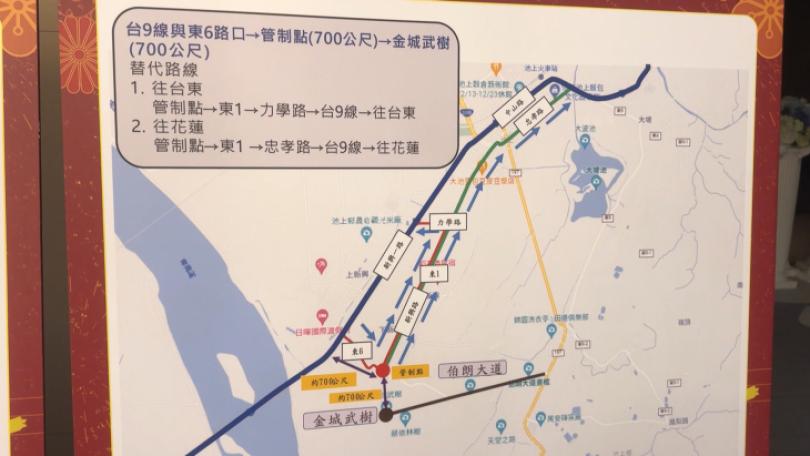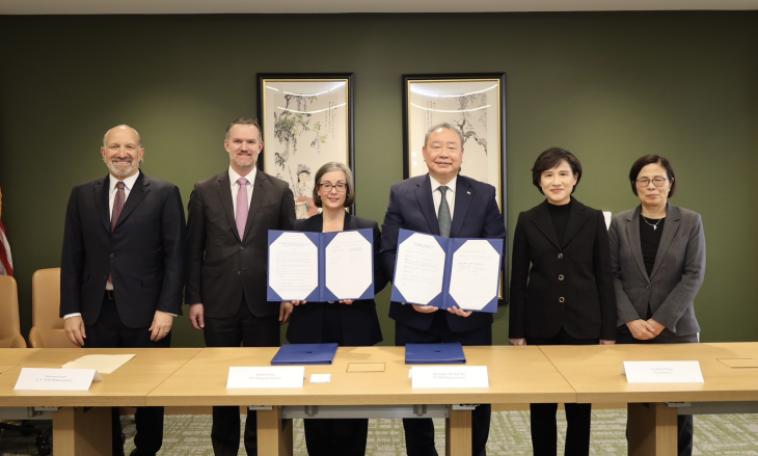Taitung calling for central government to offer sugar apple vouchers 饒慶鈴籲中央發行台東釋迦券 刺激買氣

Pan-blue county magistrate seeks to expand the domestic market to offset the loss of massive demand from China.
Presenter: Farmer are concerned over China's sudden announcement to ban imports of Taiwanese wax and sugar apples starting on Sept. 20. The Council of Agriculture encourages the public to use agriculture vouchers and support Taiwan's fruits.
The pineapple sugar apples are nicely ripe. Farmers expected to be exporting these sugar apples by the end of the year and China's announcement came as a big blow. Farmers worry about the prices would drop sharply if they have to rely on domestic sales.
Wang Chih-wei, Chair, Taitung Sugar Apples Cooperative Producers Society:”There is a huge impact on the market if we can only rely on domestic sales. Sugar apples yielded from 6000 hectares were supposed to be exported and now they all have to be sold domestically. The price of pineapple sugar apples is bound to drop greatly, same for custard apples.”
Taitung County Magistrate Yao Ching-ling shared her thoughts on how to boost sugar apple sales in the nation. She calls for the central government to offer sugar apple vouchers to attract citizens to buy them.
Yao Ching-ling, Taitung County Magistrate:”The Council of Agriculture could release Taitung sugar apple vouchers so that Taiwan citizens could use these vouchers, as well as the agriculture vouchers received previously, to buy sugar apples and come to love the taste of Taiwan sugar apples.”
The Council of Agriculture (COA) said they will still try to promote sugar and wax apples overseas elsewhere in face of the challenge. The council has no plans of releasing sugar apple vouchers at the moment but they would like to encourage the public to use agriculture vouchers to buy more sugar apples.
Chen Chun-chi, Deputy Minister, Council of Agriculture:”We will offer incentives for anyone who buys sugar apples, such as offering more rebates to promote the sales of sugar apples.”
Twenty years ago, Taiwan exported only two tonnes yearly to China. This number increased to one to two thousand tonnes ten years ago. In 2013, Taiwan exported more than 8000 tonnes to China, and over 13,000 tonnes yearly in the past 3 years. Agriculture experts say that relying too much on China is a trap. China's sudden call to suspend imports of Taiwanese fruits for insect reasons comes as a reminder for Taiwan farmers and the agriculture industry, in general, to expand their markets and be prepared for the agricultural crisis since one's fortune can change in the blink of an eye.
鳳梨釋迦果實已結成拳頭大,農民以為年底就能外銷中國,沒想到中國無預警禁止輸入台灣釋迦,瞬間心血只能淌血,更憂心鳳梨釋迦外銷轉內銷,恐衝擊產銷秩序,讓價格直直落。
台東縣釋迦生產合作社理事主席 王志偉:「內銷呢,就會衝擊在市場裡面。因為六千公頃本來有一半是外銷,現在變全部進到內銷,不只是鳳梨釋迦價格會很慘,它也會打擊到大目釋迦。」
一時之間不可能找到相同規模的外銷市場,台東縣長饒慶鈴呼籲,中央應發行台東釋迦券,擴大內需。
台東縣長 饒慶鈴:「農委會可以來做台東釋迦券,讓我們台灣所有還不認識鳳梨釋迦的民眾,都可以透過農遊券、台東釋迦券,來了解台東釋迦的美味。」
農委會表示,還是會積極開拓外銷市場,而國內的話,目前雖不發行專門釋迦券的方式,但還是會結合農遊券的加碼優惠,鼓勵國人多買釋迦。
農委會副主委 陳駿季:「如果你買釋迦的話,我們會設計一個加碼,一個誘因來促銷加碼回饋的一個機制。」
國內釋迦在20年前,銷中國只有2公噸,10年前,增加到一、兩千公噸,102年開始,急速成長到8千多公噸,這三年更衝破1萬3千公噸,有農業專家指出,這明顯就是「養套殺」模式,價格好讓種植面積不斷擴大,如今中國以蟲害理由,片面終止貿易,也讓農民痛嘗、多年經營的市場,生機轉瞬變成殺機的不測風雲。

